
Despite $30-40 billion in enterprise spending on generative AI, 95% of organizations are seeing no business return, according to a recent report out of the MIT Media Lab.
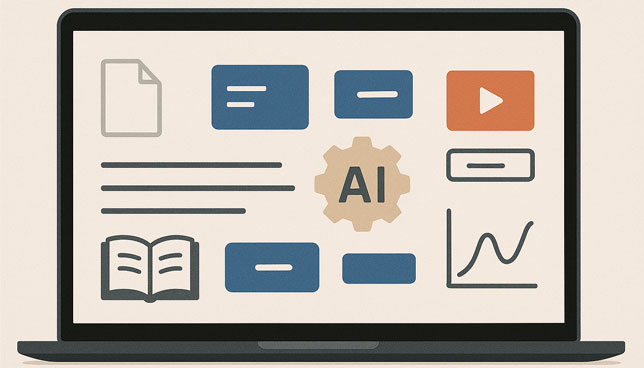
Ed tech company Brisk Teaching has introduced Brisk Next, and AI-powered platform for planning, creating, and delivering instruction.
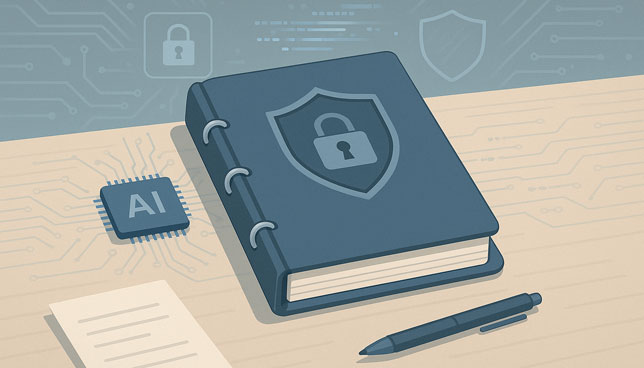
The National Institute of Standards and Technology has announced plans to issue a new set of cybersecurity guidelines aimed at safeguarding artificial intelligence systems, citing rising concerns over risks tied to generative models, predictive analytics, and autonomous agents.
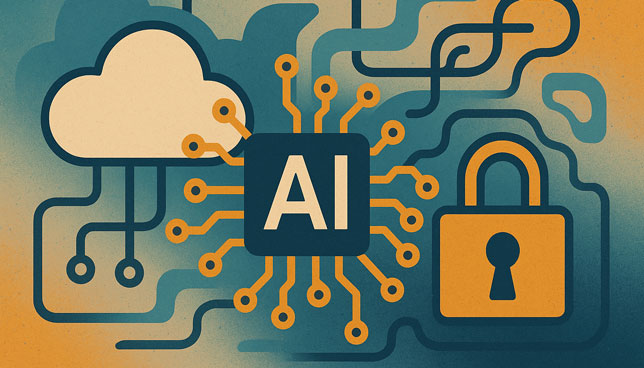
According to the 2025 Threat Hunting Report from CrowdStrike, adversaries are not just using AI to supercharge attacks — they are actively targeting the AI systems organizations deploy in production. Combined with a surge in cloud exploitation, this shift marks a significant change in the threat landscape for enterprises.
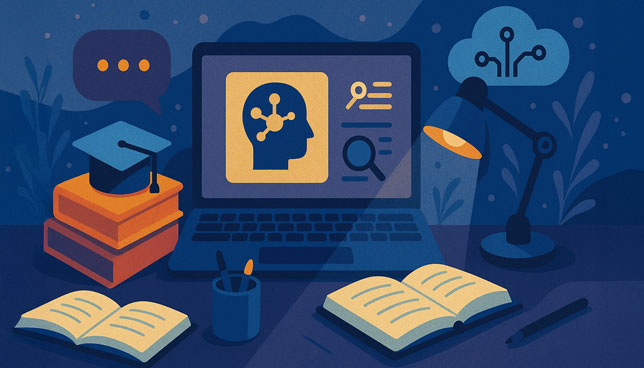
Learning platform D2L has introduced new artificial intelligence features for D2L Lumi that help provide more personalized study supports for students.
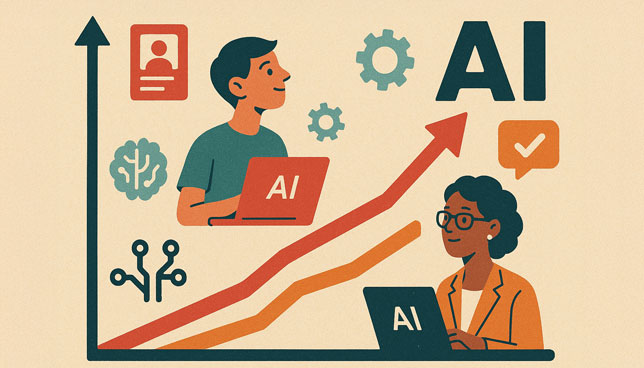
In a survey from learning platform Quizlet, 85% of high school and college students and teachers said they use AI technology, compared to 66% in 2024 — a 29% increase year over year.
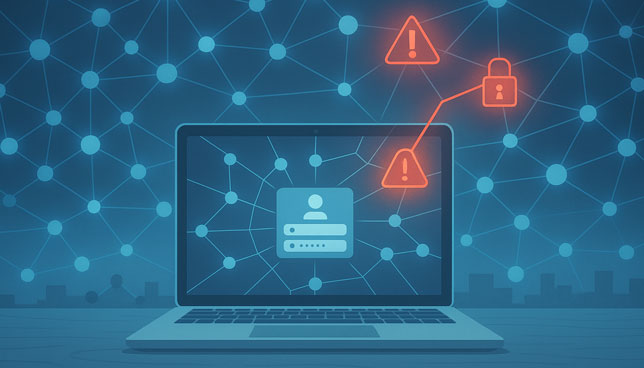
A recent report from cybersecurity company Flashpoint Cyber͏͏ detected an escalation of threat activity across͏͏ multiple͏͏ fronts͏͏ during͏͏ the͏͏ first͏͏ half͏͏ of͏͏ 2025.

A recent survey of more than 2,500 educators, school leaders, and district administrators across the country identified the top challenges schools are facing this year. The 2025 National Educator Survey, conducted by PowerSchool, found that teacher shortages and mounting financial uncertainty are persistent pain points across K-12 education.

Researchers at the University of Kansas Center for Innovation, Design & Digital Learning (CIDDL) have published a new framework for the responsible implementation of artificial intelligence at all levels of education, from preschool through higher education.
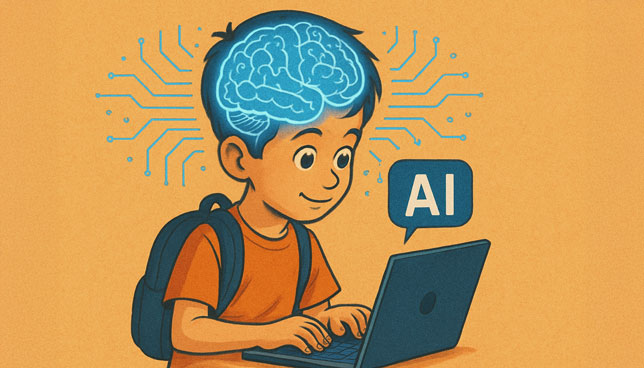
Just as sedentary lifestyles have reshaped our physical health, our dependence on AI, algorithms, and digital tools is reshaping how we think, and the effects aren't always positive.